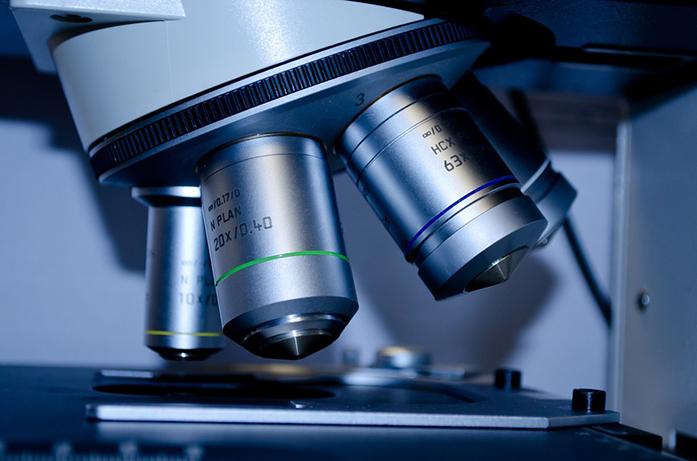By Kasra Zarei
Several University of Iowa researchers are studying Parkinson’s disease with the goal of making new treatments to help patients.
Parkinson’s has long been understood to affect how people move. A chemical substance called dopamine helps control the brain’s reward and pleasure systems, but its deficiency has been known to result in Parkinson’s.
Recently, researchers led by Nandakumar Narayanan, a UI assistant professor of neurology, have been uncovering how Parkinson’s can affect how people think.
“We know a lot about Parkinson’s disease in that it involves dopamine neurons and the basal ganglia, but we don’t know why a loss of dopamine in Parkinson’s impairs patients’ ability to think,” Narayanan said.
The brain uses stereotyped electrical signals to process all the information it receives and analyzes. Neurons, cells that make up the brain, form individual circuits that are specialized for each of the brain’s different subsystems.
“Through mapping circuits, we try to localize a specific activity not just to a specific area of the brain but to a specific group of neurons in an area of the brain,” Narayanan said.
Narayanan and his team are studying Parkinson’s through understanding the detailed mappings of the circuits of the brain.
“Essentially, we can stimulate and inhibit these circuits in real time so we can ask questions about what specific populations of neurons do and how dopamine affects them,” Narayanan said.
Narayanan is particularly interested in an area called the prefrontal cortex, the part of the brain that controls flexible behavior and cognitive processing.
“Our goal is to be able to identify where cognitive information converges in the brain, so we can potentially manipulate it,” Narayanan said. “Then, we can hopefully develop new treatments for Parkinson’s.”
Narayanan’s scientific motivation is to pin very specific dysfunction in Parkinson’s to localized circuits. Narayanan and his colleagues already rectify deficient circuits in advanced Parkinson’s patients, and they have their sights set on improving stimulation treatments.
Right now, current treatments deliver constant deep brain stimulation, which haveessentially shocks to reduce tremors in Parkinson’s patients. However, these solutions lead to undesirable side effects in patients.
“You don’t need stimulation all the time, so there is a need for delivering the maximally effective treatment,” Narayanan said.
To address this clinical need, Narayanan and two collaborators, Professor Soura Dasgupta and Associate Professor Raghuraman Mudumbai, seek to develop powerful new tools to provide highly personalized, real-time brain stimulation for movement disorders.
“The idea of adaptive stimulation is relatively new,” Dasgupta said. “We wish to formulate new adaptive brain stimulation techniques to rectify cognitive impairments in the most effective way.”
The idea could help Parkinson’s patients after proof-of-principle is established in mice, and also generalize brain stimulation to behavioral disorders like anxiety disorder.
“This interdisciplinary research is a hallmark of the department, including a range of active health-care related projects funded by National Institutes of Health,” Professor Er-Wei Bai said.







